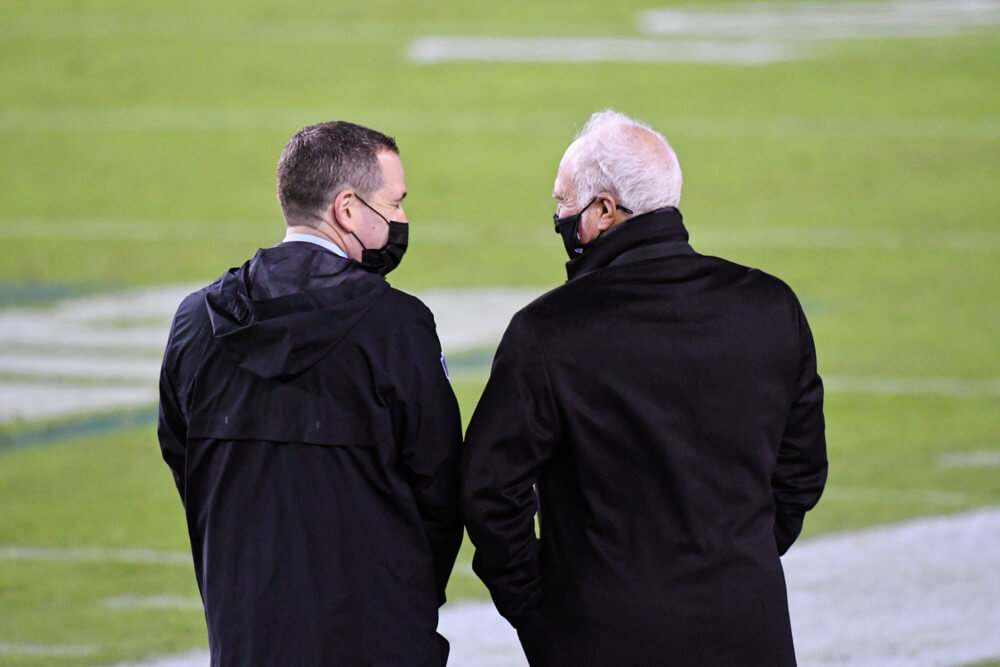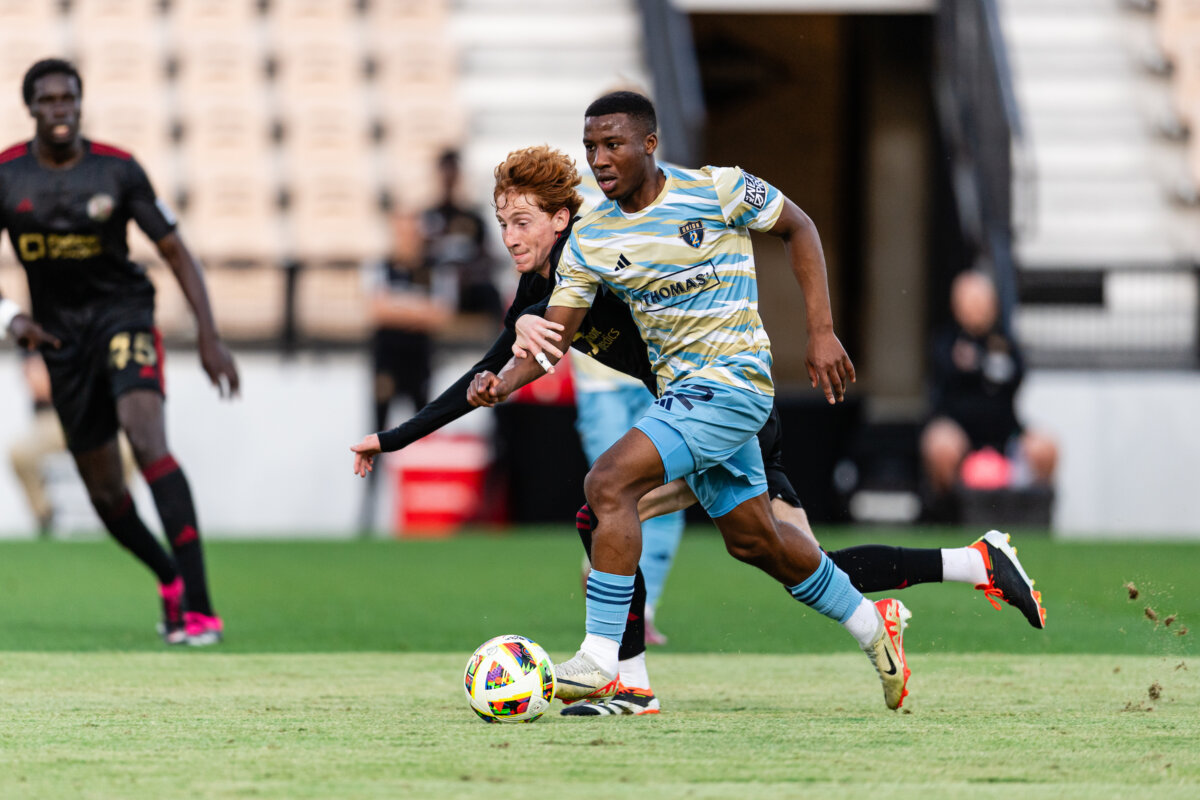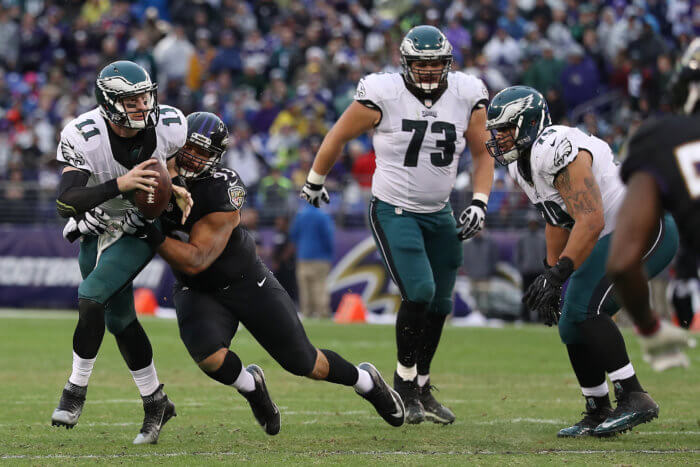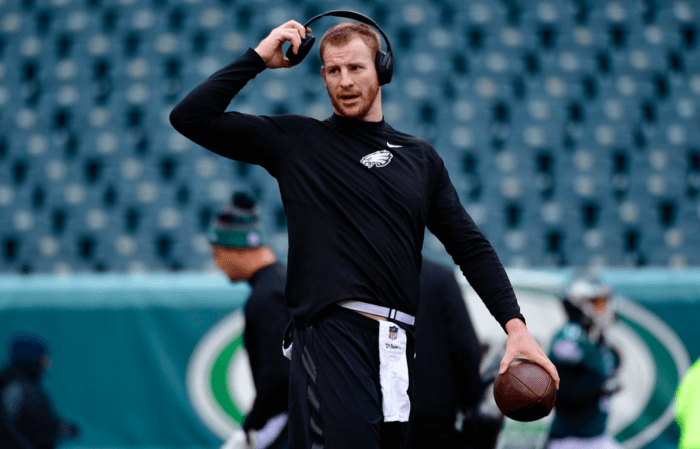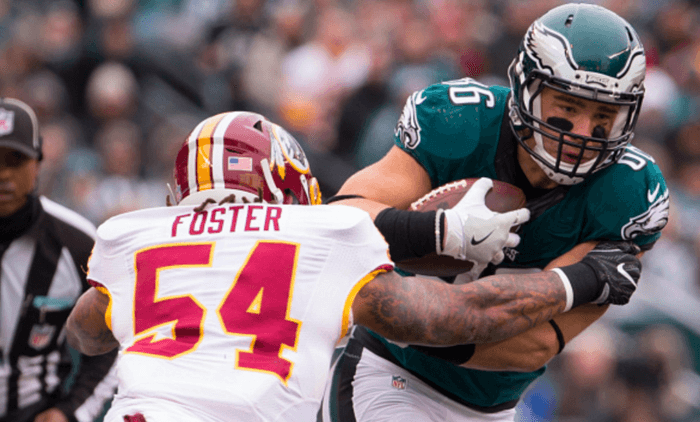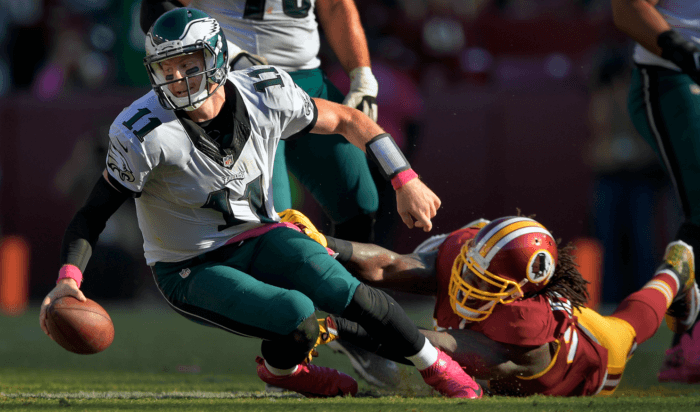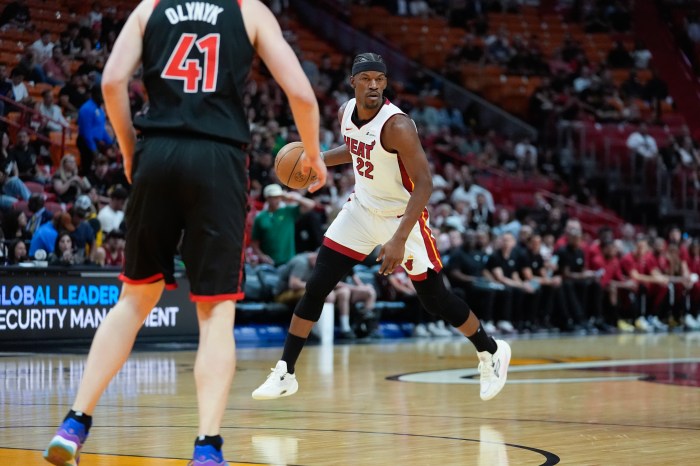I was smitten with pro football the first time I watched it at age 10. It was beautiful in its grace and teamwork. But what really drew me was the violence of 280-pound men colliding at full speed. Like many fans, I was drawn to certain kinds of players. Head-hunting safeties, like Andre Waters. Seek-and-destroy linebackers, like Junior Seau. Or fearless, head-first, hole-punching fullbacks.
Like Kevin Turner.
Turner, who died last week at age 46 from Lou Gehrig’s disease, played for the Eagles from 1995-99. He was a 230-pound battering ram, creating space for backfield partner Ricky Watters. He was a starter who loved special teams, tearing downfield to meet a punt returner straight on. There is debate whether his death from a neurological disease is tied to the brain condition known as CTE, which has prematurely killed off players (including Waters and Seau). Turner was a lead plaintiff in the lawsuit brought by 5,000 former players who charged the NFL with hiding the dangers of concussions. He was due $5 million in a settlement when he died. I interviewed Turner on my WIP-FM show several times in recent years. The last time, a year ago, his voice slurred and his words came slowly. It was, frankly, uncomfortable to listen to.
But it was also compelling. Turner showed remarkable candor and humor as he talked about mortality. Surprisingly, he said he did not regret his career. In fact, his son recently signed a letter of intent to play football at Clemson. Turner’s death now has me thinking. My football love affair focuses on Sunday afternoons, rarely considering the harsh realities these gladiators face after they leave the arena. How can I cheer that slobber-knocker of a hit over the middle if I ever consider that it’s one more jarring hit to the brain for both tackler and ball carrier? There’s no good answer. The NFL – through conscience or CYA – has aimed to make its game safer by penalizing certain hits, installing contact-free practices and limiting kickoff returns. Problem is, all of that creates a penalty-laden, less-exciting game. We can agree today’s players are forewarned about what they are getting into. But, in reality, most pros enter that path when they are callow teens, too young to look at consequences that lay decades away. And none I’ve spoken with – including co-workers Ike Reese and Jon Runyan – saythey would ever have done it differently. As a guy who’s made my living writing and talking about the NFL, I can’t renounce it without being a hypocrite. As a fan, I still love watching football. All of those screaming negatives get drowned out by the cheers of the crowd once the ball is kicked off. But human consequences can’t be ignored. Kevin Turner, and others like him, deserve our compassion. The league needs to keep searching for ways to make Sundays safer. And as the game changes, we, as fans, may need to love football for all those reasons other than the violence.
Glen Macnow: how to reconcile our guilty love affair with football
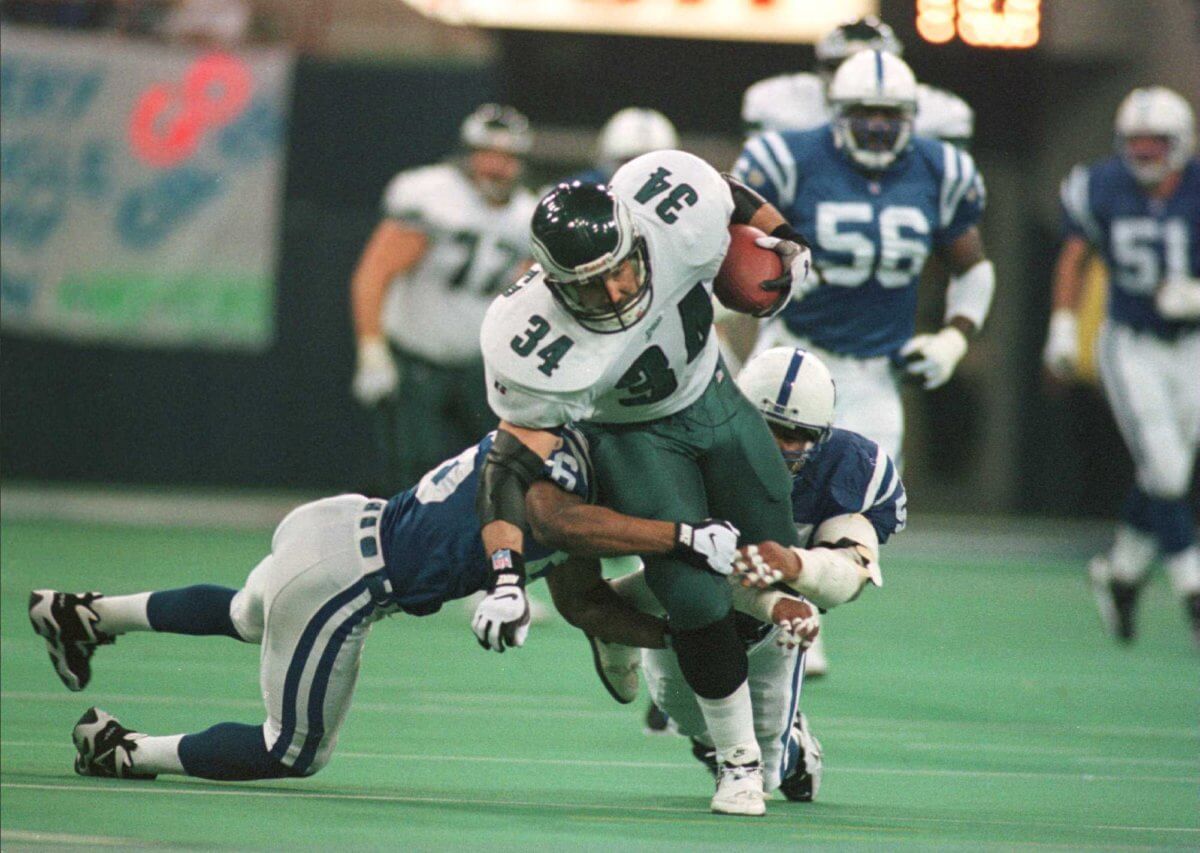
Getty Images






















